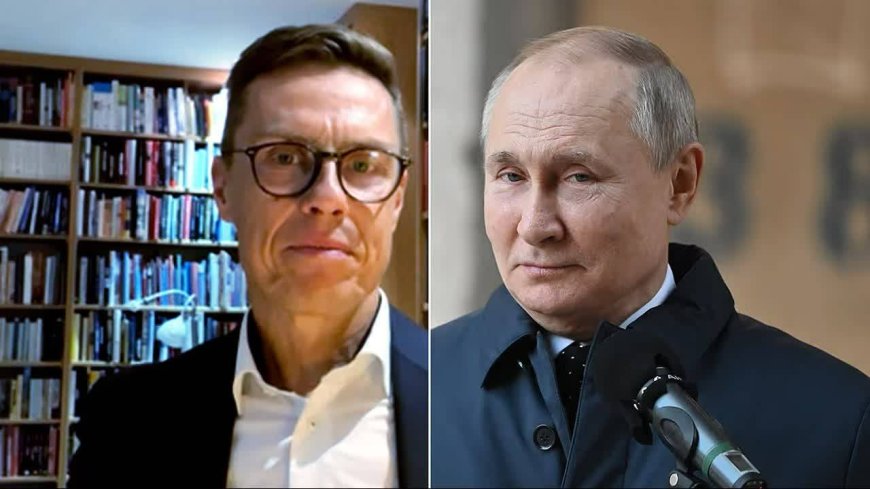The Finnish Tightrope: Alexander Stubb and Finland's Strategic Position in the NATO-Russia Equation
The recent conclusion of Finland's presidential election, marked by its two-stage process, has ushered in a new chapter for the nation as the former Prime Minister, Alexander Stubb, secures victory with a substantial mandate of nearly 52% of the vote. In a closely contested second round against Pekka Haavisto of the Greens, Stubb emerged triumphant, clinching one of the most closely watched elections within the past few decades in the Scandinavian nation. According to observers, the unprecedented voter turnout of over 70% underscores the significance of this electoral outcome.

Central to the position of presidency in Finland is a far-reaching mandate that extends beyond ceremonial duties, encompassing important responsibilities in shaping foreign policy and national security strategies. Endowed with executive powers as the Commander-in-Chief, the Finnish president's role underscores closeness with the prime minister and parliament in steering the nation's trajectory.
Distinct from preceding elections, the recent contest unfolded against the backdrop of Finland's shift from military neutrality to NATO membership, injecting a palpable dynamism into the campaign discourse. Stubb's political prowess resonated with voters, positioning him as a capable president for the forthcoming six-year term. Notably, his robust stance against Moscow underwent a nuanced transformation post-victory, as he espoused a conciliatory vision predicated on fostering amicable relations and de-escalating tensions with neighboring states.
Emphasizing a commitment to nuclear disarmament and steadfast support for the regime in Ukraine, Stubb sought to delineate a foreign policy agenda underscored by a stance on bolstering ties with NATO and adopting a circumspect approach towards Russia. However, the delicate geopolitical tightrope that the president treads necessitates a meticulous calibration of rhetoric to avert negative repercussions on Finland's diplomatic engagements.
Today, amidst the backdrop of simmering tensions with Russia, Finland confronts a pivotal juncture in navigating a course of de-escalation to avert the specter of large-scale military confrontation. The imperatives of mitigating hostilities and fostering constructive dialogue seem more imperative than ever as Helsinki grapples with the crucial task of enhancing its national security and political stability.
As Finland braces for the upcoming phase, the onus rests on President Stubb to translate campaign promises of peaceful relations with the Kremlin into tangible policy initiatives that engender regional stability and cooperation. The looming specter of border control measures and immigration challenges poses a litmus test for Stubb’s leadership acumen, highlighting the significance of navigating the turbulent waters of geopolitical exigencies. Finland stands at a crossroads, poised to chart a trajectory that either embraces a role as a peacemaker in Russo-European relations or perpetuates a trajectory aligned with NATO's bellicose approaches. Stubb’s pledges to foster diplomacy and dialogue with Moscow must transcend mere promises, encapsulating a substantive vision for recalibrating Finland's foreign policy compass towards constructive engagement.
As Finland stands on the cusp of a transformative epoch, the interplay of political forces and presidential stewardship will indelibly shape the nation's future, steering it towards either a path of concord or discord with its formidable eastern neighbor, Russia. The unfolding chapters of Finland's narrative beckon a sagacious blend of pragmatism, diplomacy, and foresight to navigate the complexities and challenges that lie ahead.













































